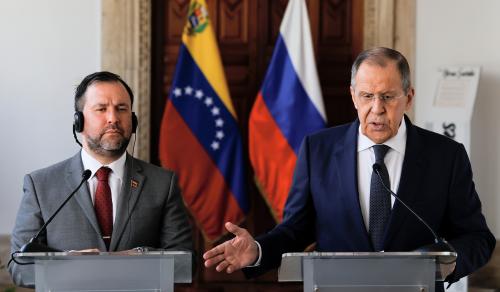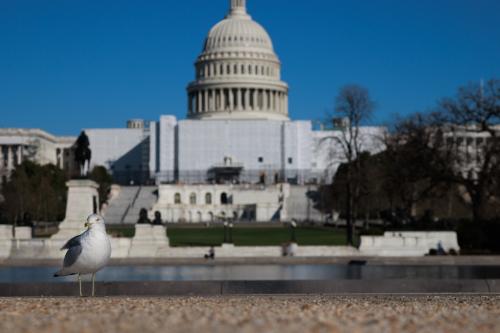You would never know there had been a revolution. Within the slightly grimy walls of Egypt’s state-owned media buildings, it’s business as usual. Observers would be forgiven for thinking the state television and papers are there largely as a public address system for whoever actually has their hands on the country’s steering wheel.
Over the 30 years leading up to the 2011 popular uprising, state media took its cue from Hosni Mubarak’s gatekeeper, the diminutive but terrifying Safwat el-Sherif, former minister of information. Post January 25, state media and papers backed the Supreme Council of Armed Forces (SCAF), the country’s ruling military council. Last week, in a nod to the democratic process, it was the turn of the Muslim Brotherhood (MB). Egypt’s upper house of parliament, the Shura Council, announced the appointments of the new editors, setting off a storm of angry protest among journalists, led by the Journalists’ Syndicate, who insisted that the Islamist-dominated council had essentially rigged the selection process and assigned their own men to do its bidding.
There are 55 state-owned publications in Egypt under eight publishing institutions. Since 1979, they’ve been the responsibility of the Higher Press Council, majority-owned by the Shura Council (51 percent Council to 49 percent employees). Previously, editors-in-chief had been selected by the minister of information who presented the names to the Shura Council which ratified them in session. The arrangement guaranteed a lack of any press freedom since the Shura Council, like the People’s Assembly, was overwhelmingly dominated by the National Democratic Party (NDP). The editors were political appointees and expected not so much to toe the party line, as to carve it into the ground for all to note. In March 2011, there was a shake-up, which saw most of these editors unceremoniously replaced by those who were perceived as supportive of the revolution. The appointments were understood to be temporary until the new ones, scheduled for this year, would be chosen from a list of candidates fulfilling preset criteria. Since the new Shura Council is as overwhelmingly dominated by Islamists — mostly the MB’s Freedom and Justice Party (FJP) — as the old one was by the NDP, the new appointments have been awaited with trepidation.



Commentary
Op-edBad News for Egypt’s Muslim Brotherhood
August 13, 2012